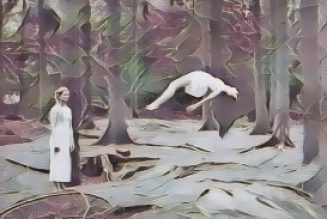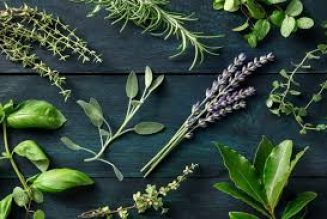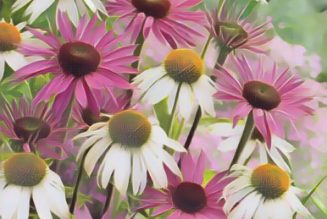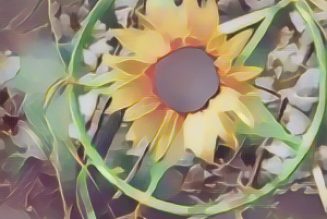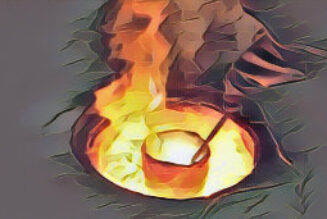Mugwort (Artemisia vulgaris): Mugwort is well known as the premier herb for dreamwork. The silver on the underside of the leaves shows an affinity for the moon and the female reproductive system. Mugwort tea and essential oil help ease PMS symptoms. The essential oil also helps to relax the brain, improve circulation and aids in delivering nutrients to brain cells. It is a stimulant which helps keep the female hormones functioning properly. Mugwort itself gets its name “mug weed” because it used to be used to flavor ale/beer before the use of hops became popular. Moxa, which is used in acupuncture, is made from dried Mugwort. In the nine herbs charm Mugwort was named “Una,” the oldest herb.
Plantain (Plantago major): Plantain was called “waybroad” in ancient herbal texts for its propensity to grow where the earth was most densely packed: trails and roadways. Plantain is well known for its ability to pull nutrients from the soil, and draw out infections and foreign bodies from people. Have a splinter or step on some broken glass? Use plantain oil to help remove it. I like to call it Nature’s bandaid. It makes a great field poultice if you’ve been stung by a bee or other insect, it’s very soothing to cuts and abrasions and can ease discomfort caused by poison ivy. Plantain is also great for soothing dry sinuses and the digestive system. Plantain was referred to as the “mother of herbs” in the 9 Herbs Charm.
Watercress (Nasturtium officinalis): Incredibly high in Vitamin C, this delicious herb has been used both medicinally and as food for centuries. It has a mustard-like taste and is great in soups, sandwiches, salads and as a pot herb. Because of its high vitamin and mineral content, it is a valuable remedy for chronic illnesses. It is also a natural diuretic. In the Nine Herbs Charm it is called “Stune.”
Chamomile (Anthemis nobilis): A wonderful nervine, chamomile is also a great herb for the digestive system, helping to soothe upset stomachs. Chamomile tea is a soothing remedy for menstrual cramps and also helps with insomnia. Distilling German chamomile yields a wonderful blue essential oil which is one of the few oils safe to use “neat” or directly on the skin. I have successfully eased burns with a drop of chamomile essential oil. It seems to have regenerative properties as no scarring is evident. The Saxon word for Chamomile is “Maythen.”
Nettle (Urtica dioica): Nettle is a fabulous herb, one of the most mineral-rich plants. Great in teas, stir fry and soups, Nettles is also good for hypothyroidism and adrenal fatigue. It is a “trophorestorative” meaning that it is a great restorer for any system in the body. To help ease seasonal allergies start drinking nettles tea about two weeks before spring buds pop. Nettles support extremely compromised kidneys. Nettle root helps with prostate issues, especially enlarged prostate. It is a stimulating herb that also energizes. Nettles was known as “Wergulu.”
Crab Apple (Pyrus malus): This is the original wild apple. It is believed all apples developed from the Crab Apple. It has long been a source of vitamins and nutrients, and helps to clean teeth and increase energy.
Chervil (Anthriscus cerefolium): A traditional spring tonic in Central Europe, this popular French culinary herb’s seeds have been found in ancient Egyptian tombs. It is carminative (prevents gas), helps purify the blood and lowers blood pressure. It is a diuretic. The juice of the fresh plant applied to eczema dries it up. It helps with abscesses. It is also a popular culinary herb in French cooking. To the Saxons, it was once the go-to remedy to restore the will to live.
Fennel (Foeniculum vulgare): Fennel is also a carminative. It is a wonderful herb for the digestion. A mix of fennel essential oil and a carrier oil like apricot kernel oil, when rubbed on the stomach will ease discomfort. Many sources say that it was believed that fennel helped with longevity, and imparted both strength and courage. It has a pleasing aroma














